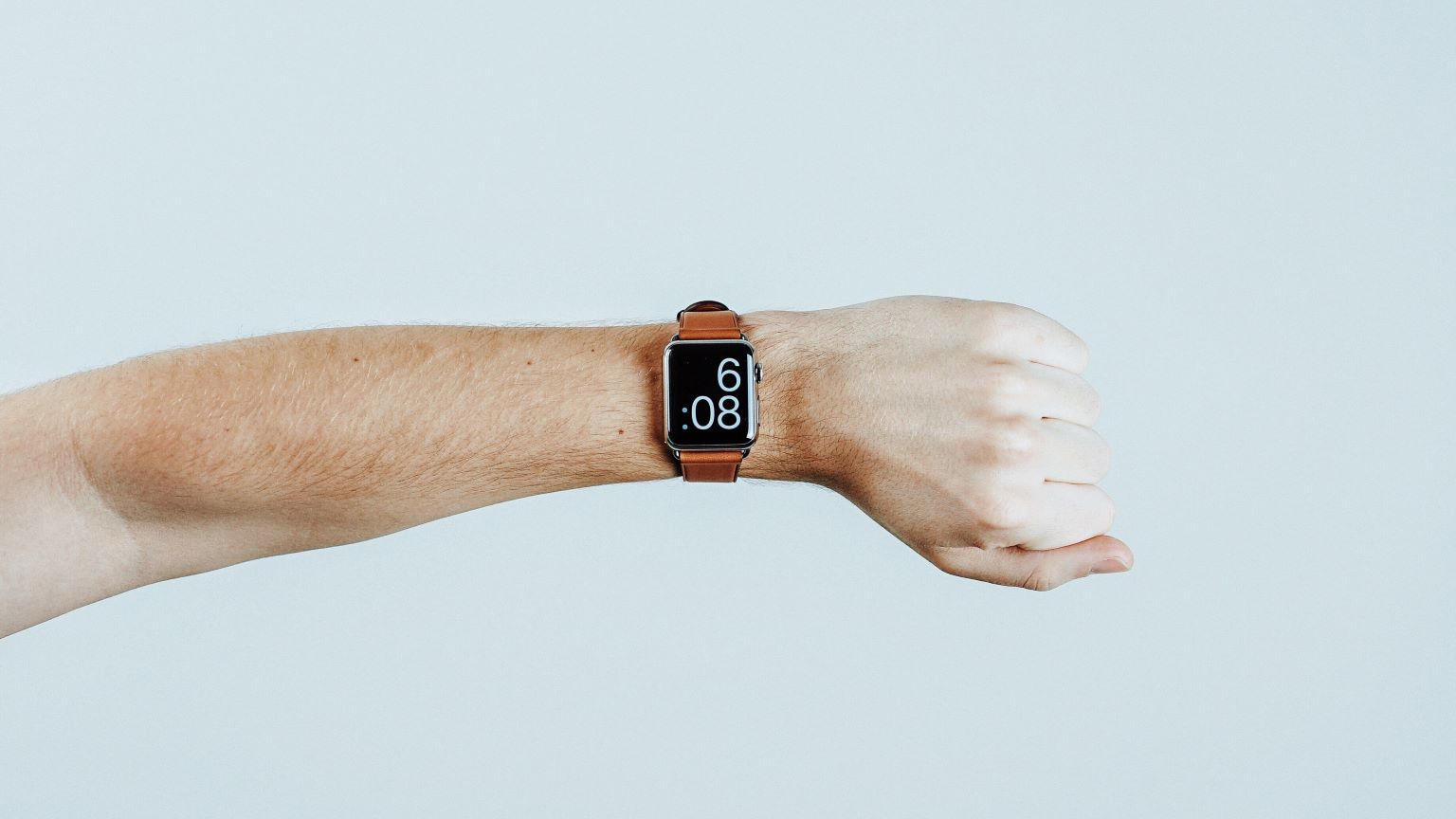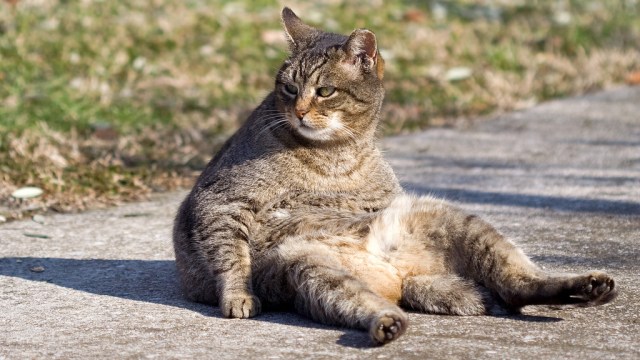Late Night Eating Isn’t Helping Our Obesity Problem

If there’s any word that needs to be integrated into our health vocabulary moving forward it should be “multifactorial.” When it comes to obesity, for example, there is often no singular cause, even though plenty of blogs and books want to sell you on the idea that there is.
It’s not only sugar, or only insomnia, or only lack of movement, or only hormones, or only environmental conditions helping contribute to obesity, but rather a combination of all of them and more. This is not the type of news we enjoy hearing, as we generally prefer efficient explanations. Yet as endless aisles of bargain diet books at second hand stores reveal, weight management is not easy. Blood type is not going to change your waistline.
In that light researchers at UT Southwestern decided to study two factors: intestinal microbiota and circadian rhythms. While their initial research is only on mice, the results hold promising clues on how to better tackle our obesity problem.
The team, led by Lora Hooper and Yuhao Wong, from the University of Texas’s Department of Immunology, recognizes a global epidemic: 2.1 billion humans are now considered overweight or obese, causing roughly 3.4 million deaths per year. So they investigated the dynamics between our gut microbiome and the 24-hour natural rhythm our biology is governed by, concluding:
Emerging evidence indicates that the microbiota interacts with the circadian clock in ways that profoundly affect host metabolism and that disrupting these interactions can lead to obesity and other metabolic diseases.
Wang says gut bacteria aids in digestion, protects us against infection, and produces necessary vitamins. But not all bacteria are created equal:
There is accumulating evidence that certain bacteria that live in our gut might predispose us to gain weight, especially when we consume a high-fat, high-sugar ‘Western-style’ diet.
The team turned to Hooper’s colony of sterile mice, which lack a microbiome. Turns out they survive better on Wang’s Western diet. Researchers attribute this to NFIL3, as they discovered the microbiome regulates lipid uptake through the gut’s circadian rhythms. Sterile mice lack the NFIL3 gene, thus storing less lipid, meaning less stored fat. Hooper explains:
What you have is a really fascinating system where two signals from the environment come in – the microbiome and the day-night changes in light – and converge on the gut lining to regulate how much lipid you take up from your diet and store as fat.
What does that mean for humans? Well, as our microbiome operates on a similar cycle, humans who spend a lot of time traveling and switching time zones, as well as shift workers employed during overnight hours (as well as late night snackers), are at an increased risk of weight gain. This also implies, Hooper says, an increased risk of diabetes, cardiovascular problems, and other metabolic diseases.
As their research continues the team hopes to develop new strategies for weight control by targeting NFIL3, the microbiota, or the circadian clock—perhaps they should have written and the circadian clock, given the multiple factors in this study.
This study is also a reminder that technology does not always mean progress. Last week I camped on the Oregon coast at Nehalem Bay State Park. Late at night I recall staring up into the sky, spotting the Milky Way and the millions of stars surrounding it, an experience light years away from what I stare up into here in Los Angeles. Despite all the wonderful advances electricity has afforded us, there has been a severe cost.
Not that we all have to pay this toll, but I’ve read little evidence of any good arising from late night snacking. Hundreds of thousands of years of evolution have been usurped in a few short centuries at the expense of our health. Understanding just where we veered off track helps us correct poor habits, provided we have the willpower to implement such changes. Much is at stake.
—
Derek is the author of Whole Motion: Training Your Brain and Body For Optimal Health. Based in Los Angeles, he is working on a new book about spiritual consumerism. Stay in touch on Facebook and Twitter.





